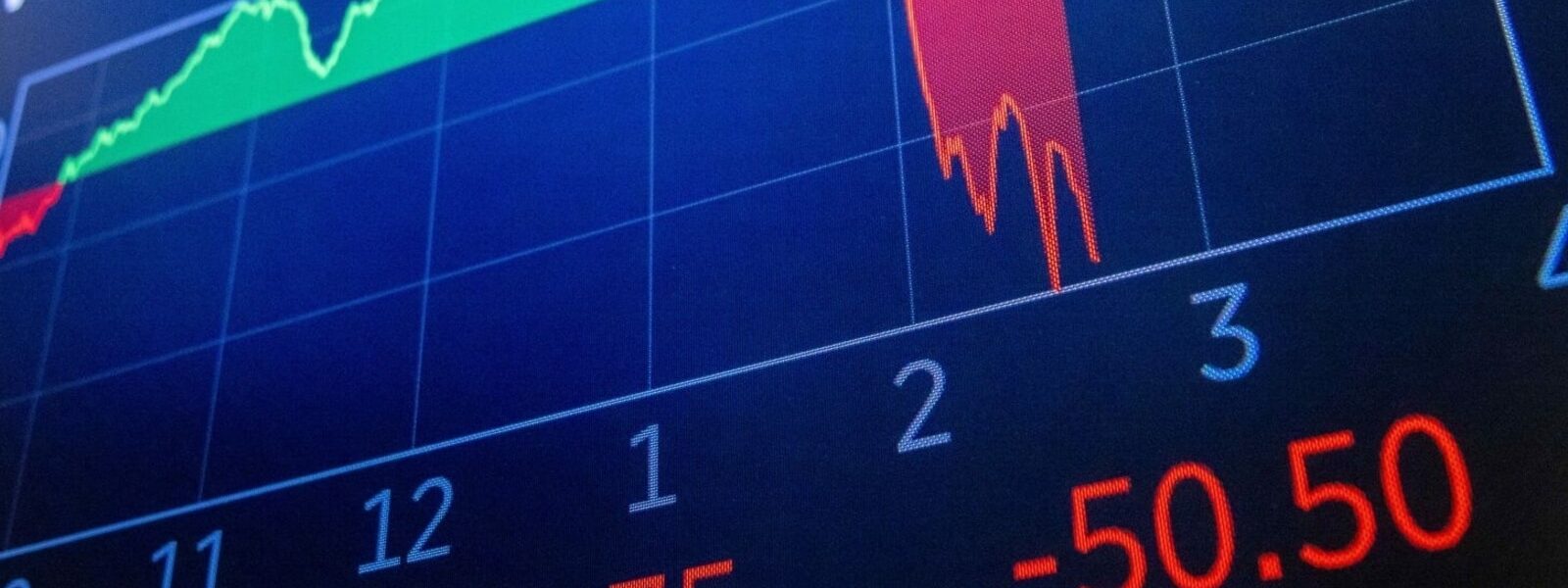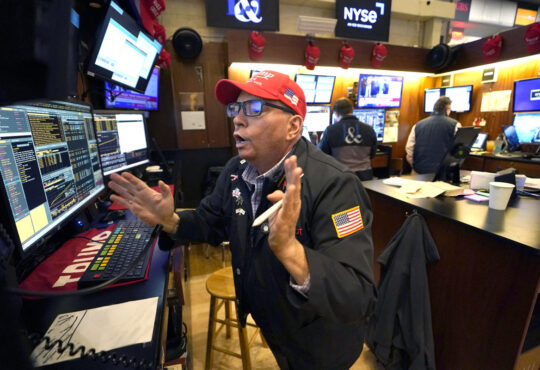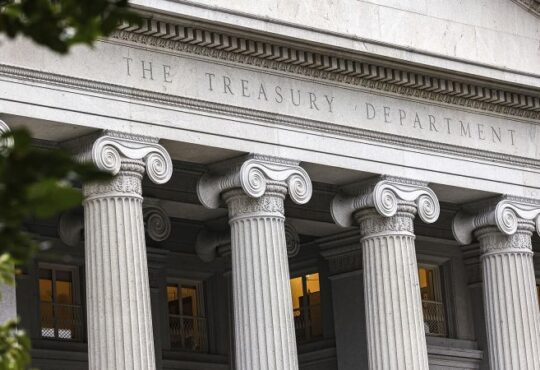
Asian stocks slide, oil climbs on Russia sanctions: Markets wrap
Stocks and bonds slid in Asia following Friday’s stronger-than-expected US jobs data, while oil climbed to a four-month high as a fresh wave of US sanctions on Russia threatened to crimp supplies.
MSCI’s index of regional equities headed for a fourth day of declines as the US payroll numbers damped bets on further Federal Reserve interest-rate cuts. US equity futures pointed to further losses on Wall Street after the S&P 500 fell 1.5% on Friday. Japanese markets are shut for a holiday, meaning there’s no trading in cash Treasuries in Asia.
The downward pressure in Asia markets is tied to Friday’s payrolls data, said Lynn Song, chief greater China economist at ING Bank NV. “Hawkish developments from the US jobs data also adds extra pressure on emerging markets, as markets have gone from pricing in three-to-four cuts prior to Trump’s election victory to just one cut now.”
The MSCI Asia Pacific Index dropped as much as 1.1%, with benchmarks in Hong Kong, Taiwan and South Korea leading the declines among major regional markets.
Chinese shares extended losses even after local data showed exports rose to a record last year. Shipments climbed 10.7% to $336 billion in December, boosting the 2024 total to an all-time high of $3.6 trillion.
This may be one of the last high points for Chinese trade, with US President-elect Donald Trump promising to impose even higher tariffs on the nation’s goods when he takes office next week.
Any recovery in Chinese stocks “is predicated upon further policy announcements,” Stephanie Leung, chief investment officer of Stashaway, said on Bloomberg Television. What investors are looking for are “more pro-consumer, pro-consumption policies coming out from China,” she said.
Brent crude advanced above $81 a barrel, after surging almost 4% Friday. That was after the US imposed its most aggressive and ambitious sanctions yet on Russia’s oil industry, targeting two large exporters, insurance companies, and more than 150 tankers. The jump in oil prices is set to provide an extra challenge for central bankers, including the Fed, if it leads to stickier inflation.
Bonds Decline
Australian and New Zealand bonds slid, following last week’s Treasury declines. Aussie 10-year yields climbed as much as 12 basis points to 4.66%. US sovereign bonds had slumped on Friday after the December payroll data, sending the 30-year yield above 5% for the first time in more than a year.
The dollar rose against most of its major peers in Asia after jumping Friday following the payroll report. The Bloomberg Dollar Spot Index climbed 0.2%, rising back toward a two-year high set last week.
China ramped up its support for the yuan Monday with a warning and tweaks to its capital controls, after the currency dropped close to a record low against the dollar in offshore trading.
The People’s Bank of China and other regulators will strengthen their management of the foreign-exchange market, deal with any behavior that may disrupt market order and prevent the risks of an overshoot in the yuan. Beijing will make sure the currency is basically stable at reasonable levels, the central bank said in a statement
The next key number from the US will be inflation figures due Wednesday. Traders will also be watching the New York Fed’s one-year inflation expectations due Monday, producer prices on Tuesday and jobless claims on Thursday.
Bank of America Corp., which previously expected two quarter-point Fed rate cuts this year, said it no longer expects any, and said there’s a risk the next move is a hike. Goldman Sachs Group Inc. sees two cuts this year versus three.
Key events this week:
- India CPI, Monday
- ECB Chief Economist Philip Lane and Governing Council member Olli Rehn speak in Hong Kong, Monday
- New York Fed President John Williams speaks, Tuesday
- Bank of Japan Deputy Governor Ryozo Himino speaks, Tuesday
- Eurozone industrial production, Wednesday
- France CPI, Wednesday
- UK CPI and US CPI, Wednesday
- Chicago Fed President Austan Goolsbee, Minneapolis Fed President Neel Kashkari speak, Wednesday
- Australia unemployment, Thursday
- Germany CPI, Thursday
- US initial jobless claims, retail sales, import prices, Thursday
- Bank of America, Morgan Stanley earnings, Thursday
- China GDP, property prices, retail sales, industrial production, Friday
- Eurozone CPI, Friday
- US housing starts, industrial production, Friday
Some of the main moves in markets:
Stocks
- S&P 500 futures fell 0.5% as of 12:44 p.m. Tokyo time
- Nikkei 225 futures (OSE) fell 1.2%
- Australia’s S&P/ASX 200 fell 1.5%
- Hong Kong’s Hang Seng fell 1.2%
- The Shanghai Composite fell 0.4%
- Euro Stoxx 50 futures fell 0.4%
Currencies
- The Bloomberg Dollar Spot Index rose 0.2%
- The euro fell 0.3% to $1.0218
- The Japanese yen rose 0.1% to 157.54 per dollar
- The offshore yuan rose 0.1% to 7.3554 per dollar
Cryptocurrencies
- Bitcoin was little changed at $94,236.14
- Ether fell 0.3% to $3,254.21
Bonds
- The yield on 10-year Treasuries advanced seven basis points to 4.76%
- Japan’s 10-year yield advanced three basis points to 1.200%
- Australia’s 10-year yield advanced 10 basis points to 4.65%
Commodities
- West Texas Intermediate crude rose 1.8% to $77.91 a barrel
- Spot gold fell 0.1% to $2,686.66 an ounce




